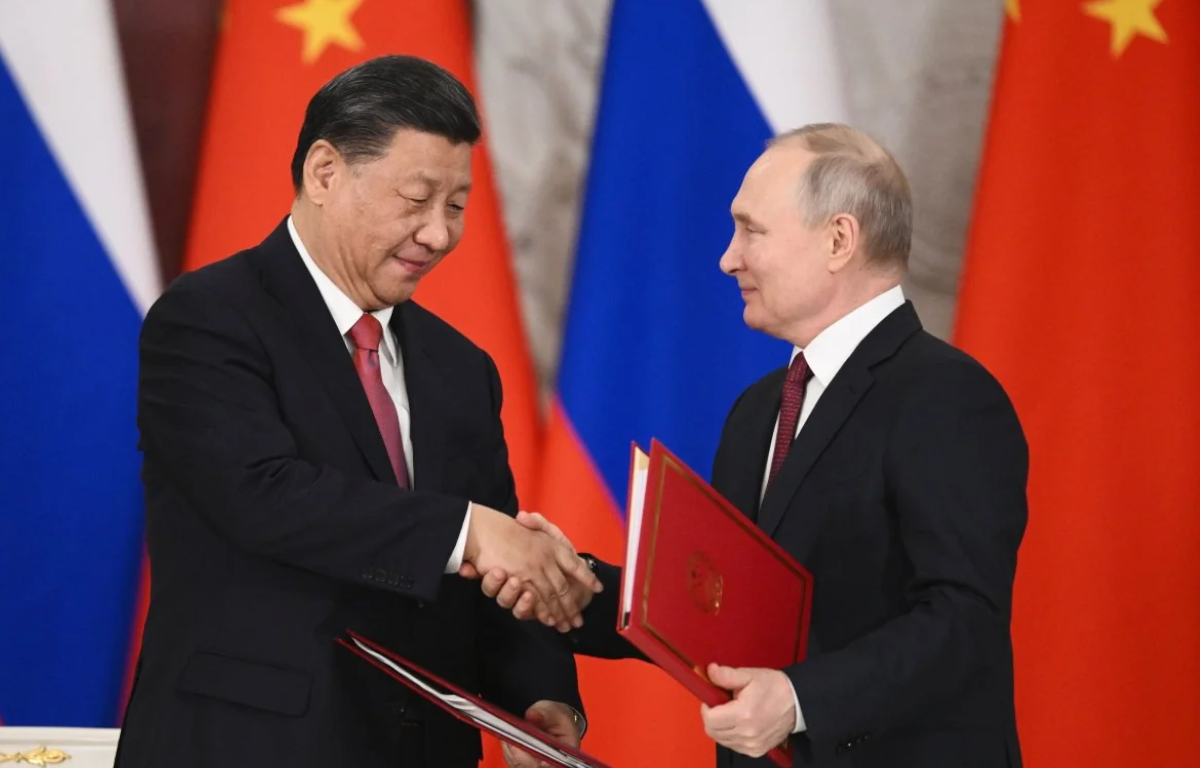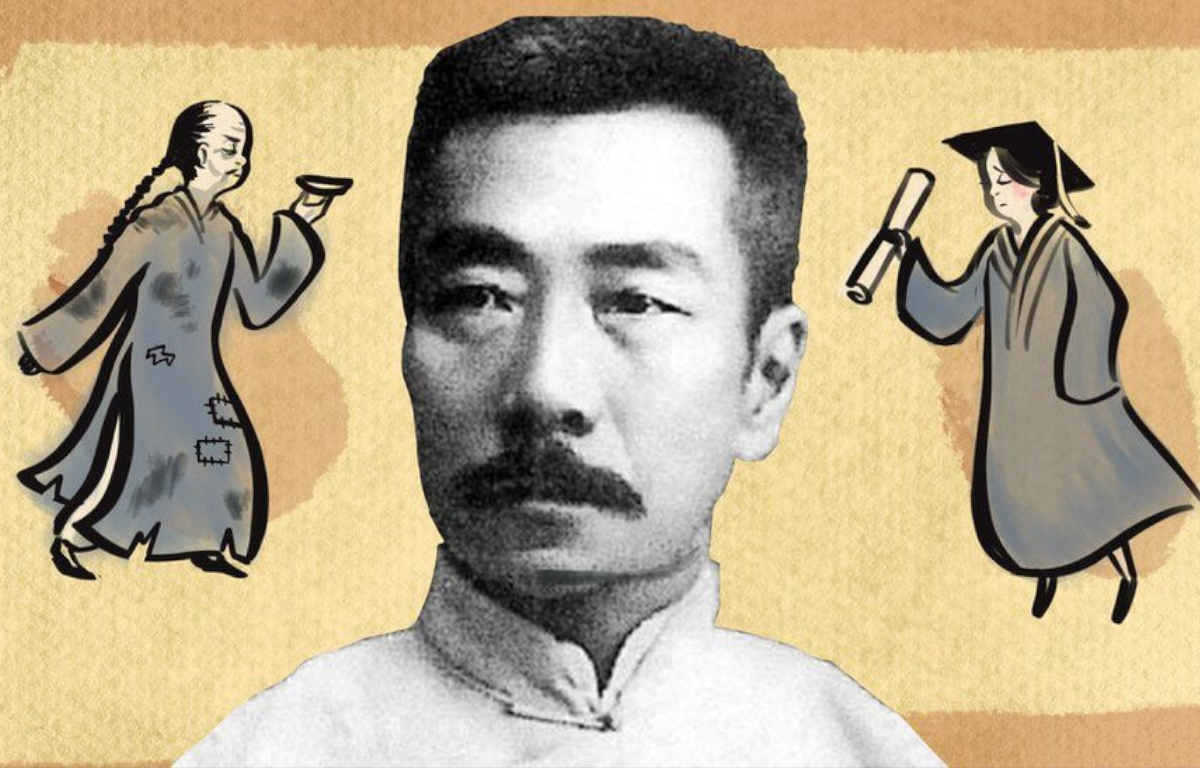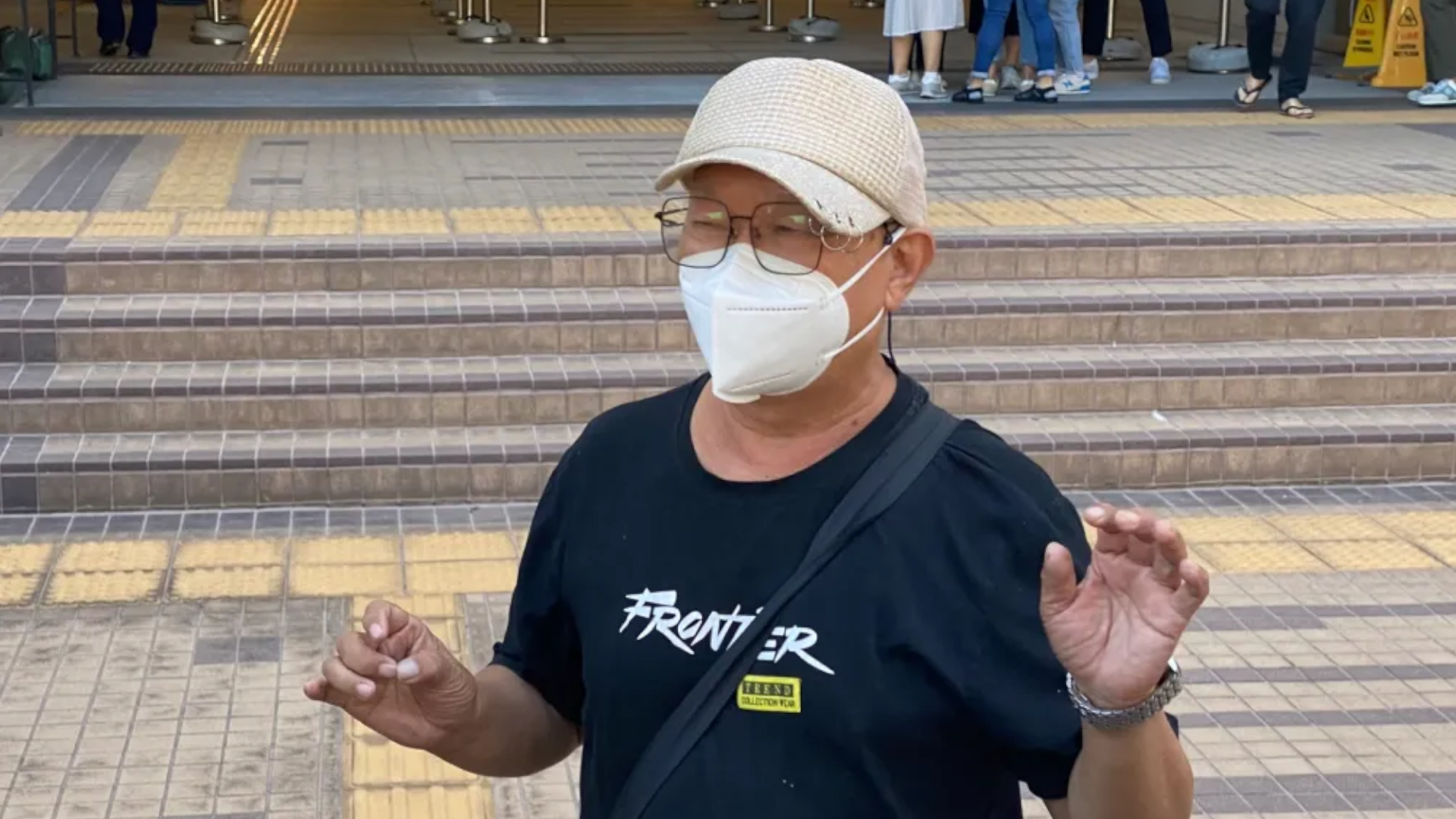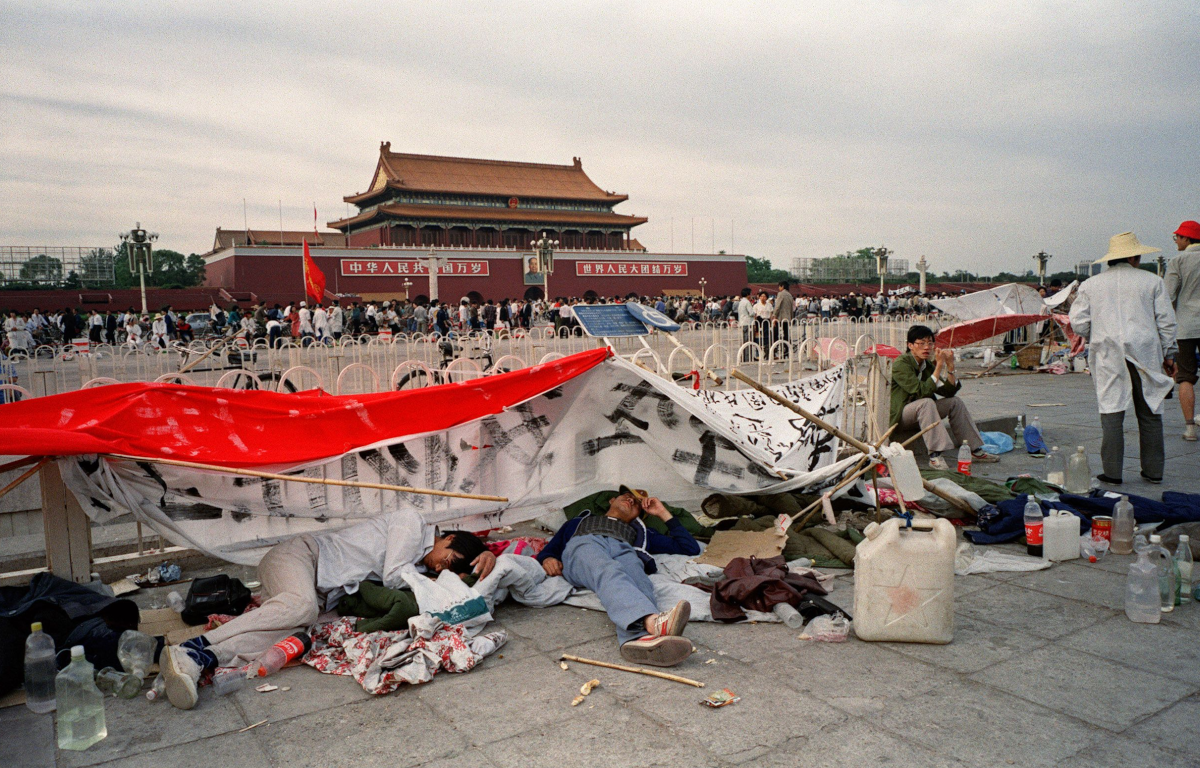
One of the primary reasons for China’s perceived shortcomings in disinformation is its tightly controlled information ecosystem. The Chinese government exerts extensive control over media outlets, social media platforms, and online content through censorship and strict regulations. While this control may limit the spread of false information domestically, it also hinders China’s ability to effectively disseminate disinformation on a global scale.
China’s language and cultural barriers pose challenges in conducting successful disinformation campaigns beyond its borders. Unlike some Western countries that predominantly use English for global communication, Chinese-language content may not reach as wide an audience or have the same impact in non-Chinese-speaking regions. Additionally, nuances in language, culture, and context can make it challenging for Chinese disinformation efforts to resonate with diverse audiences.
China’s approach to information manipulation often prioritizes propaganda and state messaging over covert disinformation campaigns. The Chinese government employs tactics such as strategic narratives, media manipulation, and information control to shape public opinion both domestically and internationally. However, these efforts are typically overt and tied to official state channels, making them less effective in influencing perceptions beyond China’s borders.
Compared to some Western adversaries known for sophisticated hybrid warfare tactics, China has relatively limited experience in conducting covert disinformation operations aimed at sowing discord, spreading false narratives, or influencing elections in foreign countries. While China has been accused of spreading disinformation, particularly related to issues like COVID-19 or territorial disputes, its efforts have often been more overt and less covert compared to other state actors.
Rather than relying solely on disinformation as a tool of influence, China tends to prioritize economic and technological strategies to advance its interests globally. Initiatives such as the Belt and Road Initiative (BRI) and investments in critical infrastructure projects are examples of China’s broader approach to exerting influence and shaping narratives through economic means rather than solely relying on disinformation campaigns.
Attributing disinformation to China can be challenging due to the complexity of its information ecosystem and the prevalence of state-controlled narratives. This lack of clear attribution can undermine the effectiveness of Chinese disinformation efforts, as audiences may question the credibility and motives behind the information being disseminated.
China’s perceived shortcomings in disinformation can be attributed to its controlled information ecosystem, language and cultural barriers, focus on propaganda and state messaging, limited experience in hybrid warfare tactics, and emphasis on economic and technological influence. While China may engage in information manipulation, its approach differs from that of some other state actors, leading to mixed results and challenges in shaping global narratives through disinformation.










Share this: